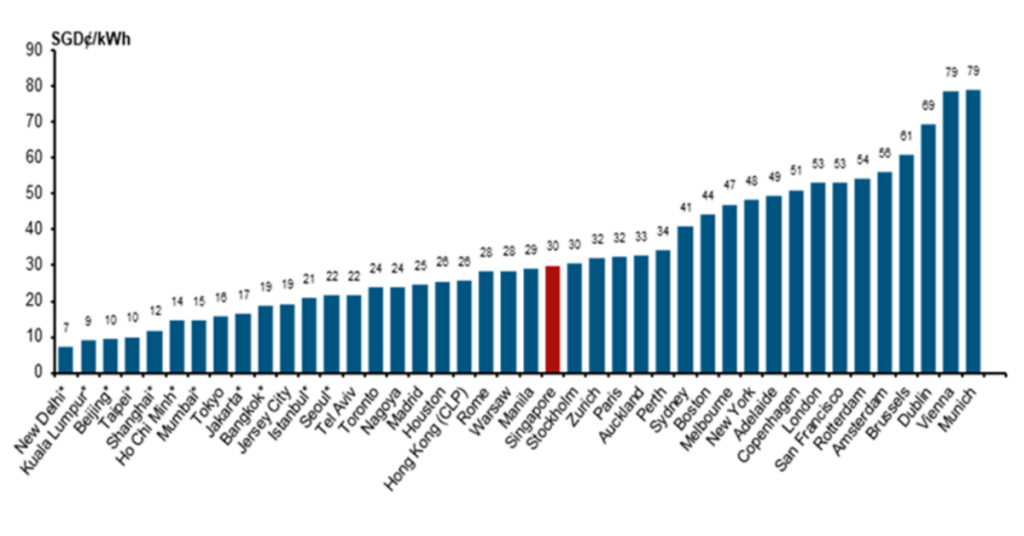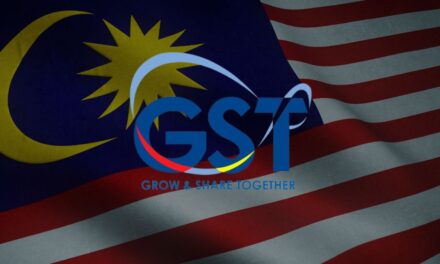At the end of Q1 2024, the Malaysian ringgit was trading at 4.72 against the US dollar. Fast forward to today, September 23, 2024, and the conversion rate has strengthened to 4.21, reflecting a 10.84% appreciation. Similarly, the ringgit has seen improvement against the Singapore dollar, with the exchange rate shifting from 3.535 at the start of the year to 3.2603 today—a 7.78% gain.
Following the U.S. decision to lower interest rates on September 18, 2024, there is increased potential for capital inflows into emerging markets, including Malaysia. While this global financial shift could offer some indirect benefits to the Malaysian ringgit, the currency’s recent strength is largely a reflection of Malaysia’s proactive economic policies and strategic investments. Let’s take a closer look at the key factors driving the ringgit’s appreciation, aside from broader global market movements.
1. Malaysia’s Strategic Economic Initiatives
Malaysia has demonstrated impressive progress in attracting foreign direct investment (FDI), which has become a major pillar supporting the local economy. For the Q1 of 2024 alone, the country approved RM83.7 billion worth of investments across various sectors. This marks a significant increase from previous years, reflecting Malaysia’s growing reputation as a prime destination for global investors. These investments are expected to generate thousands of jobs and stimulate further economic growth (OpenGov Asia) (MIDA).
Key sectors like manufacturing and services have witnessed substantial growth, with foreign investments accounting for over 56% of the total. Companies from Austria, Singapore, China, and the U.S. have poured billions into Malaysian projects, especially in high-tech industries such as semiconductors, data centers, renewable energy, and electric vehicles (OpenGov Asia).
2. Malaysia’s Journey to Becoming a Data Hub
Malaysia is making strides to become a leading data hub in the Asia-Pacific region, aligning with its ambitious National Digital Economy Blueprint. There are several reasons why Malaysia is well-positioned for this transformation:
- Skilled Workforce: Malaysia boasts a highly educated and tech-savvy workforce, essential for supporting industries dependent on digital infrastructure and advanced technology. Government programs aimed at improving digital competencies are further enhancing this talent pool, making the country increasingly attractive to tech companies seeking skilled employees (OpenGov Asia).
- Cheaper Electricity Costs: One of Malaysia’s key competitive advantages over neighboring countries, particularly Singapore, is its significantly lower electricity costs. Energy expenses are a major factor for data centers, and Malaysia’s affordable rates make it a cost-effective choice for companies looking to expand their operations. In contrast, Singapore’s higher electricity prices often drive businesses to favor Malaysia as a more economical alternative (MIDA) (OpenGov Asia).
This combination of affordable energy and a skilled workforce makes Malaysia an ideal destination for data centers, further enhancing its appeal to foreign investors.
Pricing Of Electric

3. Government Efforts in Economic Reforms
The Malaysian government has taken significant steps to create an investment-friendly environment through targeted reforms and initiatives. Under the 12th Malaysia Plan and the Shared Prosperity Vision 2030, clear goals have been set to drive economic growth, while also ensuring inclusivity and sustainability. These policies focus on increasing economic complexity, creating high-value jobs, and strengthening both domestic and international linkages (OpenGov Asia).
The National Investment Aspirations (NIA) framework has been pivotal in this effort. By prioritizing sectors such as manufacturing, digital technology, and green energy, the NIA has successfully attracted billions in foreign investments. In 2024 alone, more than 1,200 projects have been launched under this framework (OpenGov Asia) (MIDA).
Conclusion
The strengthening of the Malaysian ringgit can be attributed to the government’s strategic economic policies, targeted investments, and its efforts to establish Malaysia as a regional hub for technology and innovation. With RM83.7 billion in approved investments during Q1 2024, Malaysia is positioning itself as a significant player in the global economy. As a result, the ringgit is gaining value, reflecting the broader benefits of foreign capital inflows and domestic growth.
This mix of government-driven reforms, an expanding digital economy, and affordable infrastructure is turning Malaysia into a prime destination for future investments, creating a solid foundation for continued currency appreciation.






Trackbacks/Pingbacks